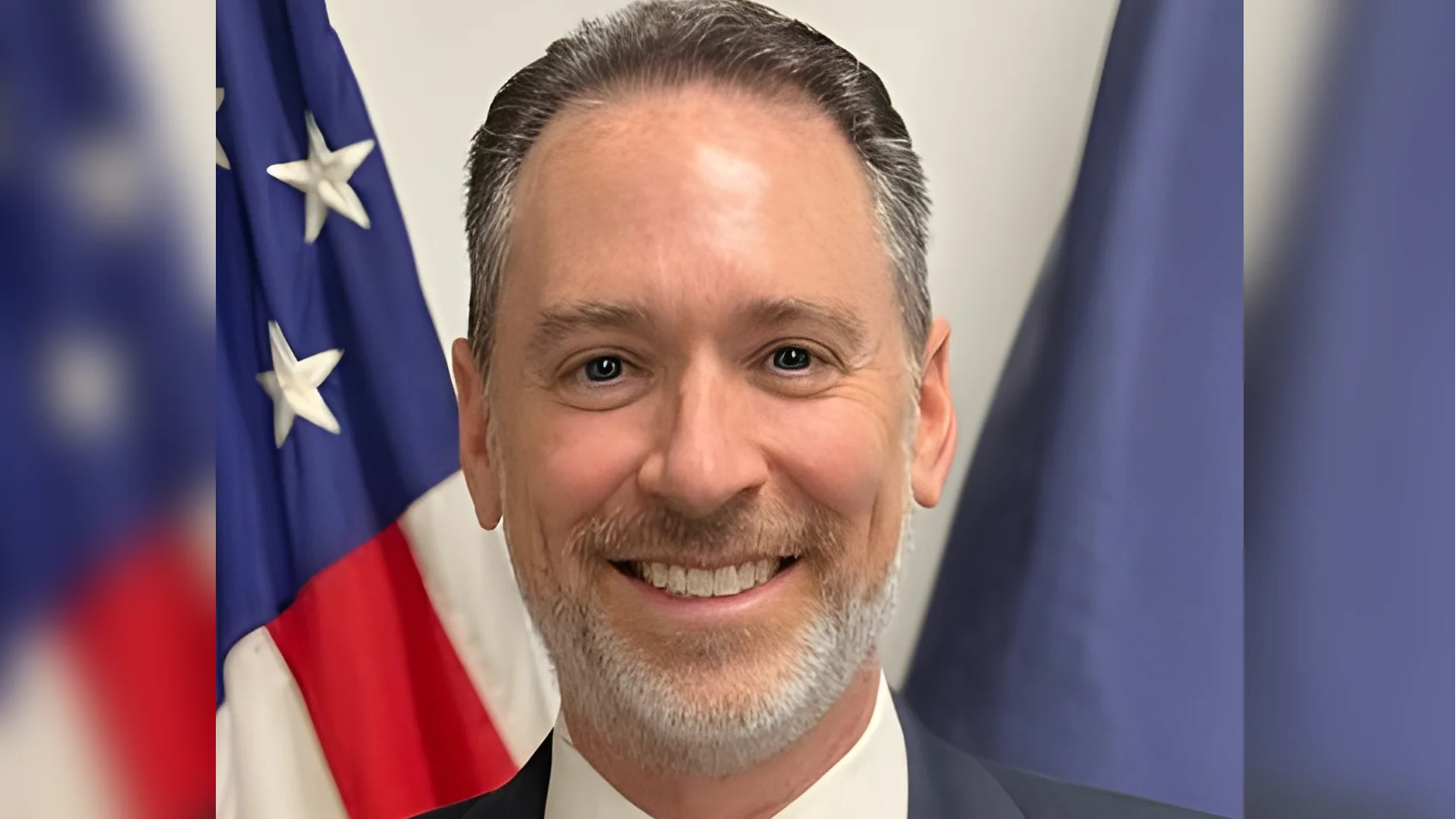A federal grand jury in Alaska has indicted Michael Edward Gregg, 62, of Anchorage, and Vikash Pandey, 36, an Indian national residing in India, on charges related to a $4.5 million fraud and money laundering scheme that spanned approximately nine years and affected at least 28 victims in the United States and abroad.
Court documents allege that Gregg, Pandey, and other co-conspirators posed as employees of tech support or security businesses to contact mainly elderly and vulnerable individuals. The group reportedly reached out through email or online pop-up messages about supposed issues with computer virus protection services. Victims were told they were owed refunds for disputed charges—typically between $400 and $500—but then were falsely informed that an over-refund of $40,000 to $50,000 had occurred. The victims were urged to return the excess funds.
According to prosecutors, the conspirators directed victims to send back money by check, wire transfer, cash or Bitcoin. Gregg allegedly opened multiple bank accounts used for receiving these fraudulent transfers. In some cases, the group claimed funds had not arrived or gave other reasons for requesting additional payments from victims.
One incident described involved an elderly victim who received a fake email from an antivirus company stating she was charged $499.99. After contacting a number provided in the message and following instructions from a member of the conspiracy—including sending money via bitcoin ATM and cashier’s checks—the victim lost more than $2 million over five months.
Authorities state that after collecting funds into U.S.-based accounts controlled by Gregg or his associates, Gregg kept a commission ranging from 3% to 20%. He then transferred remaining proceeds overseas to contacts including Pandey in India as well as others in Hong Kong and Singapore.
Financial institutions flagged suspicious activity on accounts controlled by Gregg throughout the alleged scheme; some accounts were closed or restricted due to these concerns. Prosecutors say he managed more than two dozen bank accounts linked to the conspiracy.
Gregg and Pandey are each charged with one count of conspiracy to commit wire fraud and mail fraud; one count of money laundering conspiracy; and one count of international money laundering conspiracy. Gregg is scheduled for his initial court appearance on September 9 before U.S. Magistrate Judge Matthew M. Scoble in Anchorage; Pandey remains at large in India.
If convicted on all counts, both men face up to 20 years in prison or fines up to $500,000—or twice the value laundered—subject to sentencing guidelines set by a federal district court judge.
“U.S. Attorney Michael J. Heyman for the District of Alaska and Special Agent in Charge Carrie Nordyke of the IRS Criminal Investigation Seattle Field Office made the announcement.”
The investigation is being led by IRS Criminal Investigation Seattle Field Office with support from FBI Anchorage Field Office. Assistant U.S. Attorney Mac Caille Petursson is prosecuting the case.
“Fraud schemes have become increasingly sophisticated. Take extra steps to protect your personal and financial information. Do not respond or click links in text messages, emails or social media posts that appear suspicious or are unsolicited. If you or someone you know may be the victim of financial fraud, please contact your local law enforcement or seattlefieldoffice@ci.irs.gov.”
An indictment is only an allegation; defendants are presumed innocent until proven guilty beyond a reasonable doubt.




